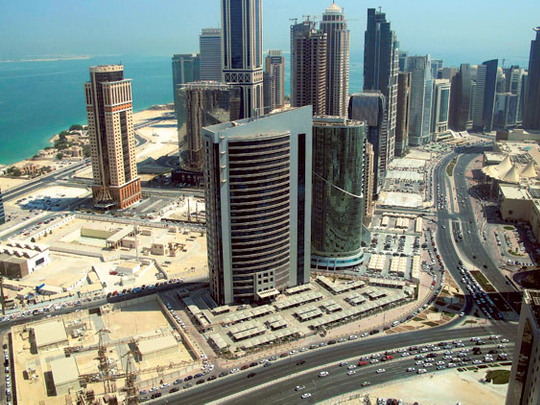
Abu Dhabi: The fiscal position of Gulf states is still extremely strong despite rapid rise in government spending, but with break-even oil prices rising, pace of spending will have to slow in 2014-15, according to a research by London-based Capital Economics.
“To be clear, a fiscal crisis is highly unlikely in the Gulf and governments are unlikely to be forced into policy tightening. Even if the region’s governments begin to run budget deficits, most have no debt so to speak of and have large savings in their sovereign wealth funds. Hence, they could fund budget deficits for a number of years,” said the think-tank in its research.
It added: “Even in Bahrain, where government debt stands at around 35 per cent of GDP, there’s still ample scope for the government to raise spending further. The key point, however, is that the pace of spending is likely to slow. As such, it’s unlikely that fiscal policy will provide the same level of support to growth as it has done over the past few years. What’s more, a large proportion of government spending continues to be geared towards current, rather than capital, expenditure. As such, the recent period of high oil prices could be seen as something of a wasted opportunity in which investment could have been ramped up, boosting potential growth.”
Capital Economics said the upshot of all this is that break-even oil prices are not yet at a level that threatens the Gulf’s near-term fiscal sustainability.
“To the extent that there is a problem anywhere, it is Bahrain. But even here, the government can continue to increase spending and run budget deficits for many years to come. Nonetheless, we expect a combination of rising spending and falling oil prices to cause fiscal positions to deteriorate across the Gulf – to the extent that Saudi Arabia may even run a budget deficit by 2015,” it said.
“Weaker fiscal positions are unlikely to prompt a tightening of policy, but it could lead to the region’s governments scaling back the pace at which they increase spending. This underpins our view that growth in the Gulf’s non-oil economies is likely to slow over the next three-to-five years,” the report added.
Capital Economics’ views were expressed by a Doha-based senior banker who told Gulf News in an interview earlier this year that GCC capital markets are sensitive to oil prices.
Dr Seetharaman, chief executive officer at Qatar-based Doha Bank said at the time the GCC economies’ fiscal budgets, currently, are based on oil prices at a minimum of $60 per barrel.












